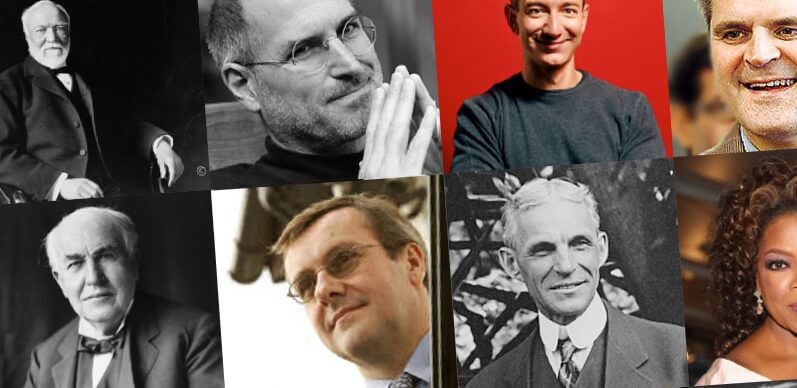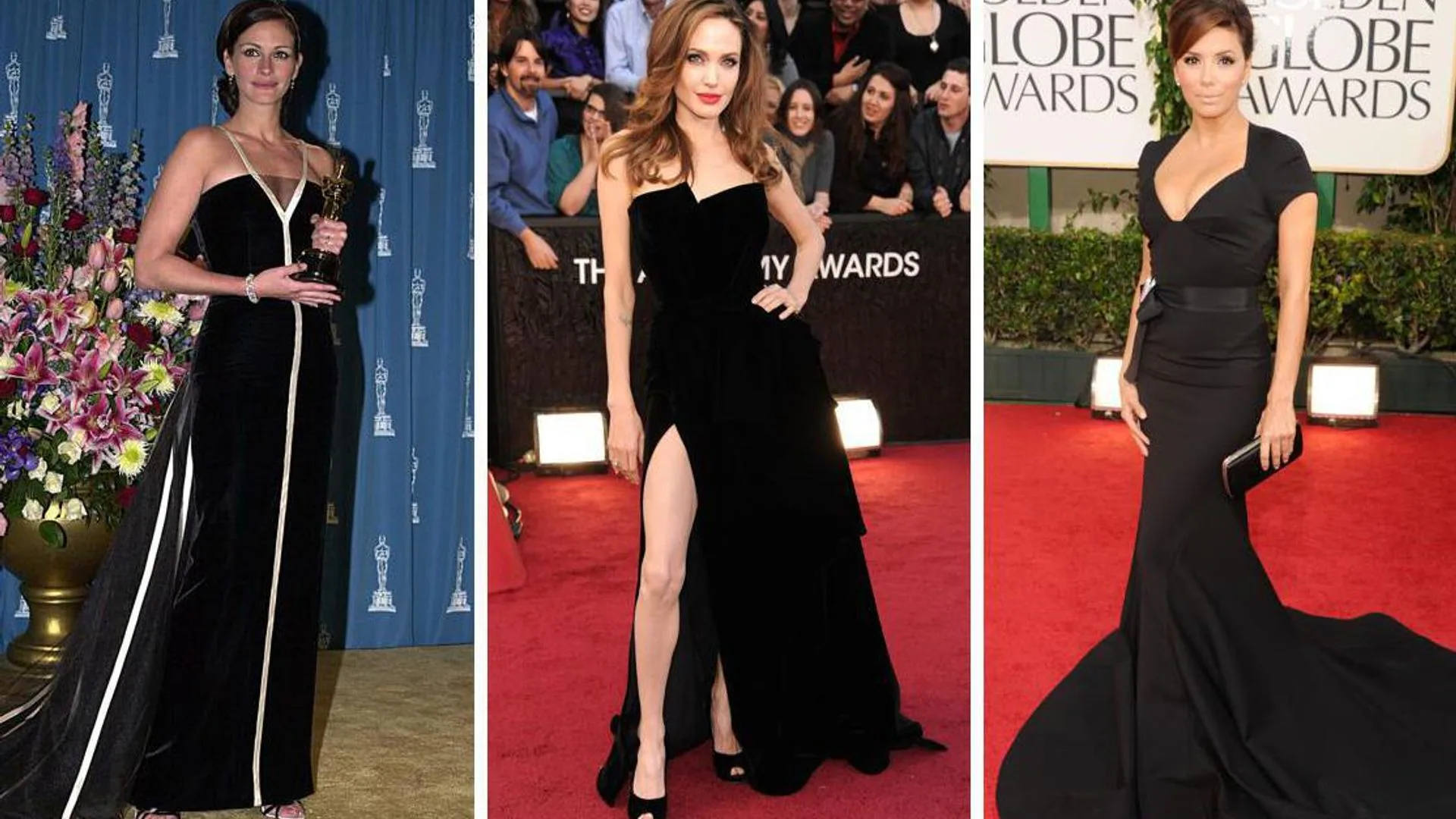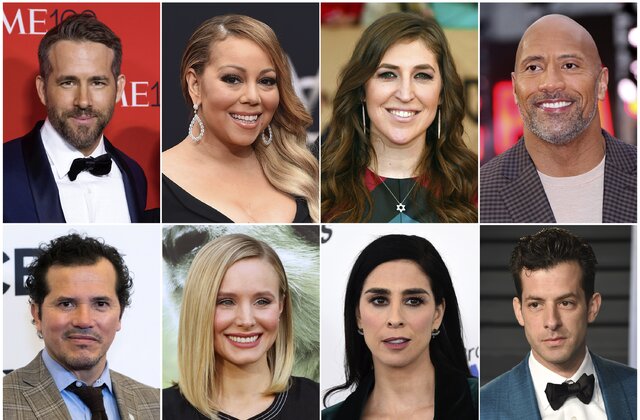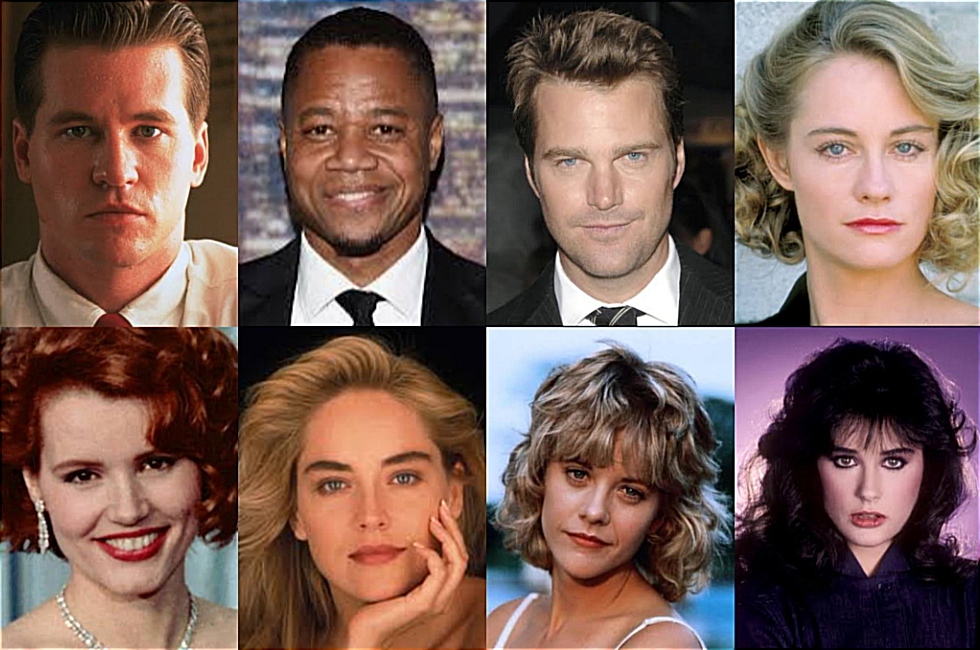Rihanna: From Pop Icon to Beauty Mogul
Rihanna is one of the most influential examples of how a celebrity can transition into a powerful business figure. While she rose to fame through chart-topping hits and bold fashion statements, her decision to launch Fenty Beauty in 2017 revolutionized the cosmetics industry. Unlike many celebrity-endorsed brands, Fenty was built with inclusivity at its core, offering foundation shades that catered to all skin tones—a move that quickly set it apart. The brand’s success was meteoric, catapulting Rihanna into billionaire status and turning her into a symbol of entrepreneurial empowerment. Her subsequent ventures, like Savage X Fenty lingerie, further prove that her business instincts are just as sharp as her vocal talents. Rihanna’s transformation is more than a career pivot—it’s a cultural shift in how we view celebrity influence in commerce.
Jessica Alba: Building a Wellness Empire with The Honest Company
Jessica Alba stunned Hollywood when she stepped away from the spotlight to focus on creating a company rooted in transparency and health-conscious living. In 2011, she co-founded The Honest Company, a wellness brand offering eco-friendly, non-toxic baby and household products. What began as a personal mission to provide safer products for her own children quickly grew into a multi-million-dollar company with a loyal customer base. Alba’s hands-on approach and her deep involvement in branding, product development, and advocacy for clean living have earned her credibility beyond celebrity status. She’s not just a famous face—she’s a CEO who understood a market gap and successfully filled it, redefining the celebrity-entrepreneur narrative.
Ryan Reynolds: Turning Humor into a Business Strategy
Ryan Reynolds has taken his sharp wit and turned it into a multi-faceted business model. While still maintaining an active acting career, he’s also become a force in advertising and brand ownership. His acquisition and subsequent promotion of Aviation American Gin showed how humor and personality can drive product sales in the saturated spirits market. Reynolds didn’t just act as a spokesperson—he embedded himself in the branding, creating viral marketing campaigns that blurred the line between entertainment and advertisement. Later, his investment in Mint Mobile and savvy promotional tactics helped the company grow rapidly, eventually leading to a lucrative acquisition. Reynolds exemplifies how a well-developed personal brand and business acumen can create massive value beyond the box office.
Kim Kardashian: Rebranding Celebrity with SKIMS and Private Equity
Kim Kardashian has long been associated with fame and controversy, but in recent years, she has skillfully rebranded herself as a savvy entrepreneur. Her shapewear line, SKIMS, has earned critical acclaim and commercial success for its inclusive sizing, comfortable materials, and innovative designs. What sets Kardashian apart is her ability to leverage her platform and social media influence with precision marketing strategies, transforming her brand into a near-universal household name. In 2022, SKIMS was valued at over $3 billion, making it one of the most successful celebrity-founded fashion brands. On top of that, Kim launched her private equity firm SKKY Partners, signaling her ambitions in finance and business leadership. Her transformation from reality star to business mogul is a testament to the evolving power of celebrity influence.
Ashton Kutcher: Investing in the Future of Tech
Ashton Kutcher has become one of Hollywood’s most successful venture capitalists. His firm, A-Grade Investments, has backed tech giants like Airbnb, Uber, Spotify, and Skype—long before they became mainstream. Kutcher’s deep interest in technology and his willingness to learn the ropes of Silicon Valley set him apart from other celebrities who dip briefly into investing. He’s known for his strategic thinking and hands-on involvement in the startups he supports. Rather than simply investing passively, Kutcher often acts as a mentor and branding ally for the companies in his portfolio. His dual identity as an entertainer and investor highlights how celebrities can bridge the gap between Hollywood and Silicon Valley, using their platforms to fuel innovation.
Gwyneth Paltrow: Creating a Lifestyle Brand With GOOP
Gwyneth Paltrow’s GOOP started as a simple newsletter but has evolved into a full-fledged lifestyle brand that includes wellness products, fashion, travel recommendations, and even documentaries. Despite facing criticism for promoting unconventional health trends, Paltrow has stayed committed to her vision, creating a brand that reflects her personal philosophy. Her willingness to be polarizing has worked in her favor, attracting a dedicated fan base that values authenticity and boldness. GOOP’s success demonstrates how aligning a business with one’s identity—even a controversial one—can yield powerful results. Paltrow didn’t just build a business; she built a movement that reshaped how people think about holistic living and celebrity-driven wellness.
Jay-Z: Building a Billion-Dollar Business Empire
Jay-Z’s evolution from rapper to business mogul is one of the most inspiring stories in entertainment. His business ventures span multiple industries: music, fashion, alcohol, real estate, and more. His streaming service, Tidal, aimed to give artists more control and better compensation for their work. His investments in Armand de Brignac Champagne and D’Ussé Cognac helped elevate both brands into luxury status. Jay-Z’s blueprint for success includes ownership, strategic partnerships, and a relentless focus on generational wealth. He doesn’t just build businesses—he builds legacy. By 2019, Forbes declared him hip-hop’s first billionaire, proving that a smart mindset and strong brand vision can turn lyrics into long-term financial empire-building.
Serena Williams: From Tennis Legend to Investment Powerhouse
Serena Williams is not only a global sports icon but also a rising powerhouse in the world of business and investing. Through her venture capital firm Serena Ventures, she focuses on funding women- and minority-owned startups, promoting diversity and innovation across tech, health, and fashion industries. Williams has always approached her business moves with the same discipline and competitiveness that made her one of the greatest athletes of all time. She’s passionate about closing the opportunity gap in venture capital, and her portfolio already includes successful companies like Tonal and Noom. As she transitions further from the court to the boardroom, Williams is redefining what post-athletic success can look like.
Conclusion: A New Era of Celebrity Entrepreneurs
The modern celebrity is no longer just a performer—they are a brand, an investor, a strategist, and a CEO. This new breed of celebrity entrepreneur is changing industries by bringing authenticity, innovation, and massive platforms to their ventures. Whether it’s makeup, mobile networks, tech startups, or wellness products, these stars are showing that fame can be a stepping stone to building lasting businesses. Their success stories don’t just inspire—they reshape how industries operate and how consumers connect with brands. In 2025 and beyond, we can expect even more celebrities to follow this path, proving that the intersection of creativity and commerce is where true influence now resides.




